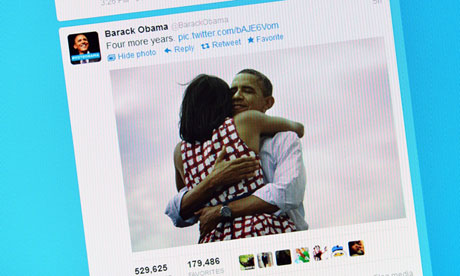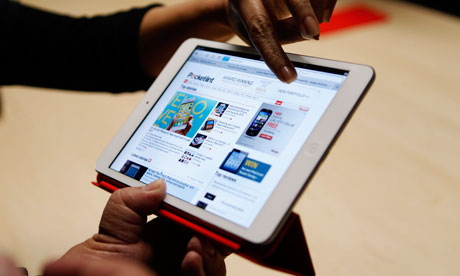· Internet makes closed-ness more difficult – Tim Burners Lee
· A powerful tool for state – for them to know about us - Stephen Fry
· Accelerating globalising
· Reinvents war fare
· Twitter – a way of threatening a hard line system
· Iran, June 2009
o People vented anger on rigged election results
o There was a ban on journalists – they therefore turned to twitter
§ There was 200,00 tweets posted every hour
o YouTube started being used
· The internet is able to transmit news around the world compared to live TV
o It is un mediated, portable/mobile, interactive
· Jeff Bezon – co founder of Amazon
o “We change our tools and our tools change us”
· ¼ of the worlds population is connected
· Al Gore – “It will have a more profound impact than the printing press
· Old power is crumbling
· Wiki-leaks – Jullian Assange
o Allows people to blow the whistle on governments
o Eg, list of BNP members, army abuse of prisoners on Guantanamo Bay
o Under constant attack
· Internet has no control – its de-centralised
o Can be shut down
o A threat to the government, no regime can control
· Allows other ways to get through
o Route around censorship
· Haystack – programme to access blocked stuff
· Gives citizens power to route around access
o A world of direct action
· Ways to get younger people to express political views – less mainstream politics
o Tools for process
o Community
· Segal – “Empowers anyone that can use it”
· CHINA
o 253 million people online – most in the world
o 30,00 Chinese secretly police web (censors)
o “The Great Firewall of China”
o 300,000 “50centers” in china under government
§ They find articles for money
· They guide opinions
o Promotes hegemonic ideology
· Peter Theil – Pay Pal
o A key, early investor in Facebook
· $60 billion in trasnactions every year
o “Have to get globalisation to work”
o “new world currency”
· Facebook has 360 million users
· Web linked to extremists around the world
o Al Qaida and the Taliban
o Uses the internet as a way to spread fear and terror – Anger
o Uses shock tactics – a sense of urgency – graphic images
o Has no center – its scattered
o “Virtual, portable, homeland”
o Have similar aims – links them
§ Removes borders from countries
§ Collapses distances
o Cyber balkanisation
§ World becoming more like the Balkans
· Paradox
o A voice or power – but can be used for good or bad
· We are becoming more vulnerable to darker uses of the web
· ESTONIA – Most wired country in Europe
o 2007 – Sustained cyber-attack aimed at bringing down their institution
o Cyber-attack being war of the future
· Denial of servie
· Threat – don’t know who or what is attacking
o Cost effective – more conflicts due to internet
· When the rest of the world gets connected will it create global understanding or more danger?


